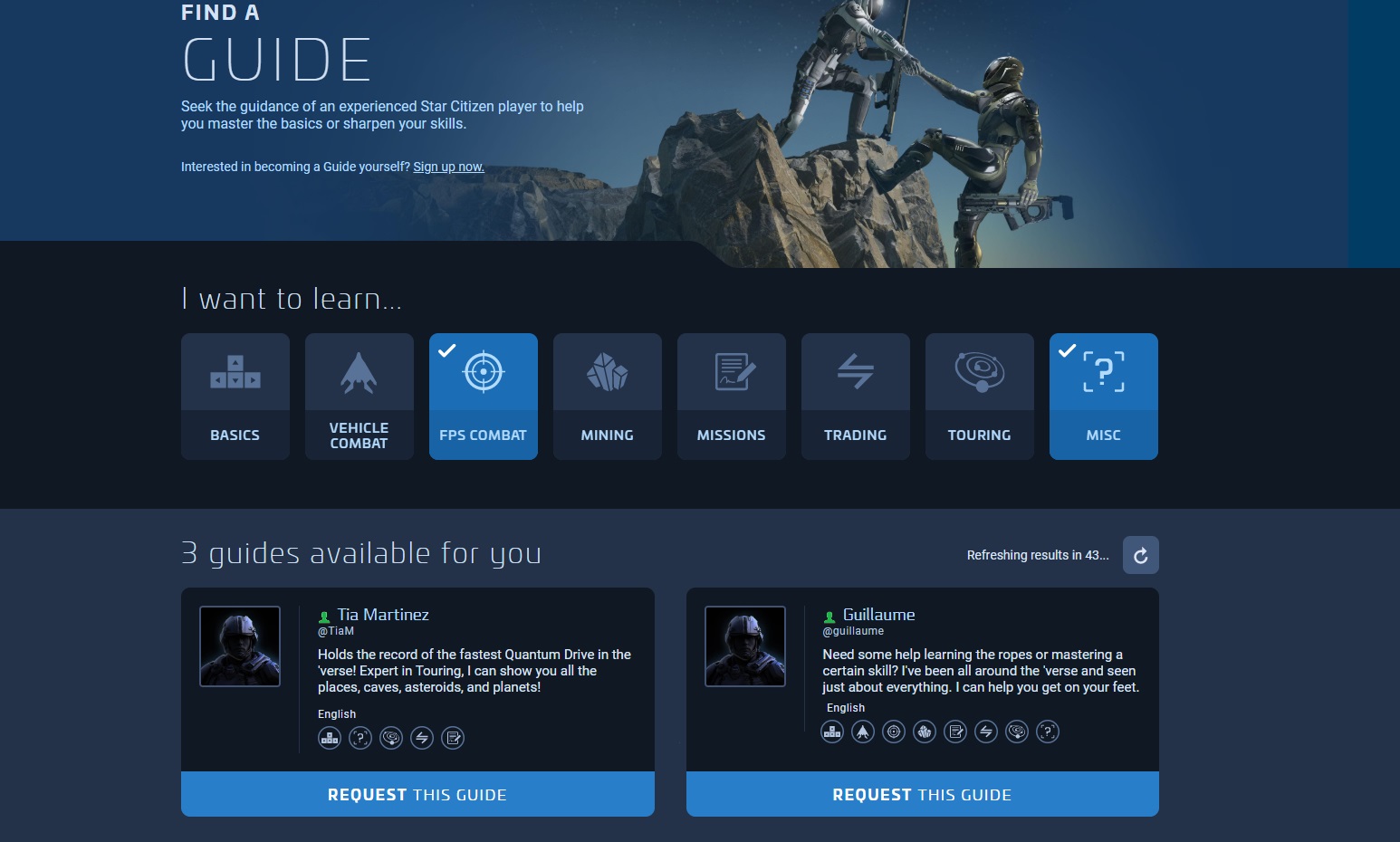I nor anyone here or the internet has the full picture. Not sure if any of your ever worked at a game company but no one in the outside really understands or knows what is going on the inside. There are internal matters that aren't public. Even at the projects where we shared a lot it was still only a small percentage of what we knew internally.
To me from the outside things might seem one way but if you don't have the full picture, can anything you assume from the outside ever be 100% correct? Nope.
“You don’t understand game development.” %eats a cookie%
The thing is, I didn’t
need to be a game industry insider to come to the conclusion that something isn’t kosher with Star Citizen’s development. I just needed enough information, and a basic understanding on how
any kind of development project works. Software development in general, and game development in particular, isn’t so alien that the fundamentals of project management doesn’t apply.
Way back in 2012, I backed three games on Kickstarter, all of which had an estimated release date of 2014.
One released on time, with the features I expected it to have.
One released three years late, with only its “core” gameplay in place, thanks to needing a rewrite of one if its core game mechanics, in order accommodate
actual player behavior, rather than
anticipated player behavior. Due to poor sales, the developer reluctantly had to leave the one stretch goal unfulfilled a year after release. Nether-the-less, I feel the developer made an honest attempt at delivering what they promised, so I don’t feel ripped off... especially since the game was in a playable, though extremely primitive, state around the estimated time of release.
And then there’s Star Citizen. A game that is five years behind schedule, and systemically can’t meet their modest targets. A game that’s busy producing highly detailed art assets, but still doesn’t have key core mechanics in place, let alone its promised gameplay. A game whose Kickstarter pitch turned out to include several lies. A game around which dozens of shell companies have been created to evade granting players refunds, enrich Roberts and Friends, and ensure that backers can’t follow the money. A game that continually adds to its already considerable technical debt.
What provoked me to get a refund, successfully thank goodness, was all the shell companies. There’s no
ethical reason to have dozens of them. That isn’t in any way good game development. It is, however, a way to hide money, to disguise money, and to remove money from a project, in order to evade paying people what was promised. It’s a common practice in Hollywood, so the studios don’t have to play their talent what they earned. It’s used by publishers so they don’t have to pay developers what
they earned.
My question is: Who, exactly, is the target of Chris Robert’s “Hollywood Accounting?”



